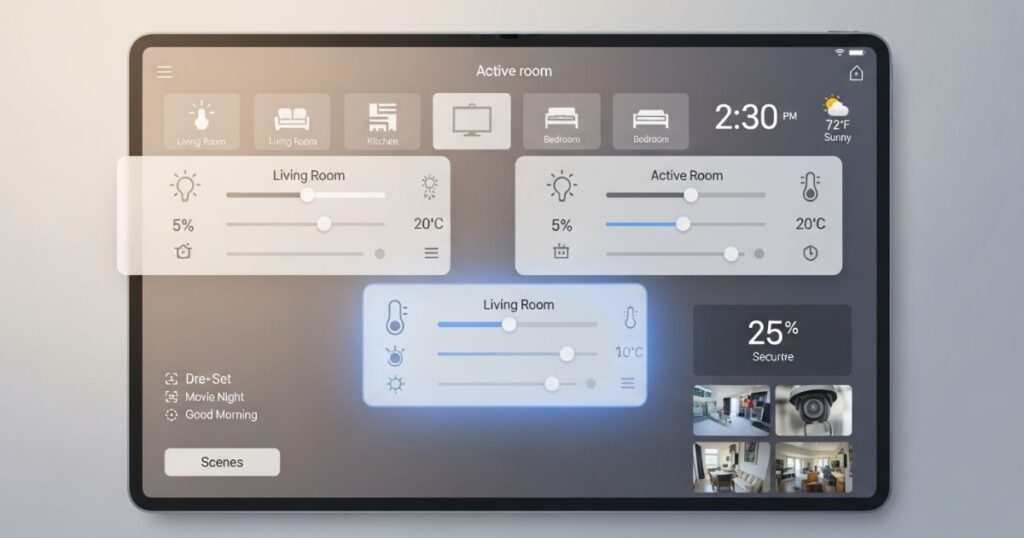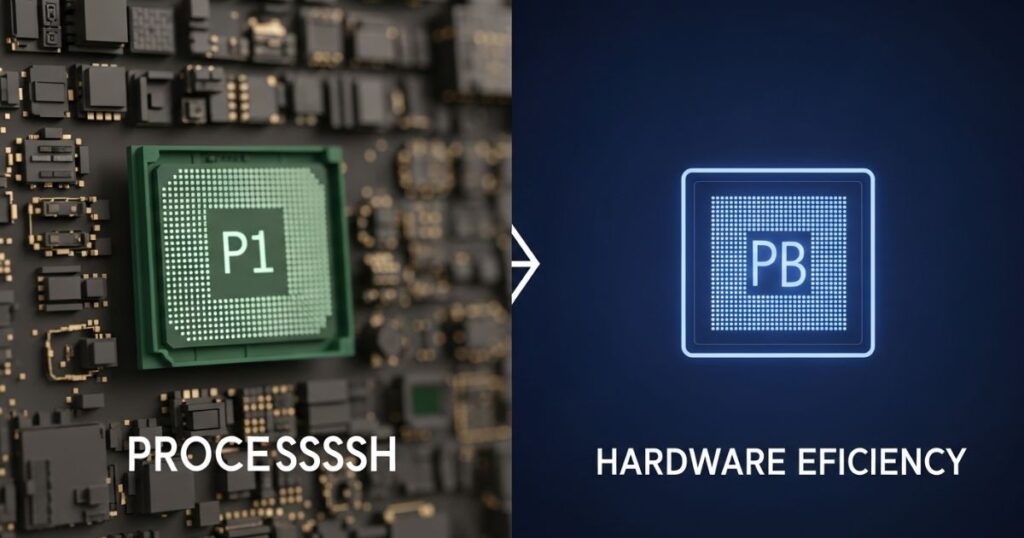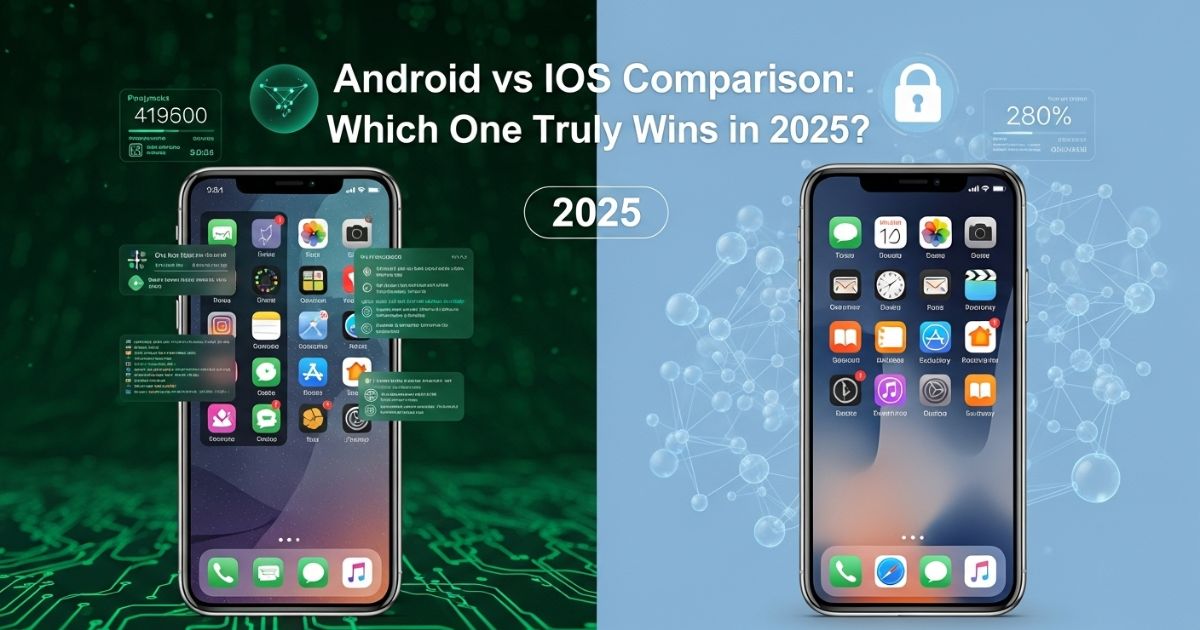In 2025, the competition between Android and iOS is more intense than ever. Both operating systems bring unique strengths, from design and performance to security and apps, making the choice harder for users.
This Android vs iOS comparison will highlight the major differences you need to know before deciding which platform fits your lifestyle and budget best.
Android vs iOS 2025 A Quick Overview
In 2025, Android and iOS continue to dominate the smartphone world, but each has its own strengths. Android is known for flexibility, customization, and a wide range of devices at different price points. iOS, on the other hand, focuses on smooth performance, strong security, and a consistent user experience across all Apple devices.
Both platforms now offer advanced cameras, fast processors, and improved battery life, making them highly competitive. Software updates are more frequent on iOS, while Android provides more choices and freedom for apps and settings. Overall, choosing between the two comes down to what matters most: customization and variety with Android, or simplicity and reliability with iOS.
Read More: Technology Falcon
Why the Debate Still Matters in 2025
The Android vs iOS debate still matters because each system suits different users. Android is flexible and customizable, while iOS is smooth, secure, and easy to use. Choosing the right one affects apps, updates, and overall daily experience
Market Share and Popularity Trends
Android continues to dominate the global smartphone market, holding the largest share because of its wide variety of devices and price options. iOS, while smaller in overall market share, remains extremely popular in regions like the U.S. and Japan, thanks to strong brand loyalty and premium user experience.
Both platforms continue to grow in their own ways Android by reaching more users worldwide, and iOS by keeping users highly engaged with updates, apps, and ecosystem integration.
Design and User Interface

When it comes to design and user interface, iOS is known for its clean, minimalist look and consistent experience across all Apple devices. Android offers more flexibility, allowing users to customize home screens, widgets, and themes to their liking.
Both platforms have improved gestures, animations, and intuitive controls, making navigation smooth and user-friendly. The choice comes down to preference: if you value simplicity and uniformity, iOS excels; if you like personalization and variety, Android is the better option.
iOS – Minimalist and Consistent
iOS is known for its clean and minimalist design, giving all Apple devices a consistent look and feel. This simplicity makes it easy for anyone to navigate, even beginners.
The interface is smooth, organized, and user-friendly, with intuitive menus and seamless animations. Many users prefer iOS because it delivers a reliable and hassle-free experience every time.
Android – Customization at Its Best
One of the main differences in the Android vs iOS comparison is customization. Android lets users fully personalize their devices with widgets, themes, home screens, and system settings, giving a unique experience for each user.
This flexibility makes Android ideal for those who love to tweak and tailor their phones, standing in contrast to iOS’s uniform, minimalist design.
Performance and Speed
When it comes to performance, both Android and iOS offer fast and powerful experiences in 2025. iOS devices are known for smooth, consistent performance thanks to optimized hardware and software working together. Android devices vary more because of different brands and processors, but high-end models now match or even surpass iOS in speed and multitasking.
Both platforms handle apps, gaming, and heavy tasks efficiently, but iOS emphasizes stability, while Android emphasizes flexibility and raw power. Choosing between them often depends on whether you prefer uniform performance or more hardware options.
Processor and Hardware Efficiency

One key point in the Android vs iOS comparison is how each platform handles processors and hardware. iOS devices are optimized to work perfectly with Apple’s hardware, giving smooth performance and energy efficiency.
Android devices use a variety of processors, and high-end models can match or even outperform iOS in speed and multitasking. This shows that in the Android vs iOS comparison, iOS focuses on optimization, while Android offers more raw power and flexibility.
Multitasking and App Optimization
In 2025, both Android and iOS handle multitasking and apps efficiently, but in different ways. iOS is known for smooth app performance and seamless switching between tasks, thanks to tight integration between software and hardware. Android offers more flexibility, allowing multiple apps to run in split-screen or background modes, which is great for power users.
Overall, iOS prioritizes stability and smooth operation, while Android focuses on versatility and multitasking options, giving users more control over how they use apps simultaneously.
Security and Privacy
Security and privacy remain major factors in the Android vs iOS debate. iOS is known for strict privacy policies, frequent security updates, and a controlled app ecosystem, which reduces the risk of malware and data breaches. Android offers more flexibility, but its open system and wider range of devices can make it more vulnerable if users don’t take precautions.
Both platforms now include advanced security features like biometric locks, encryption, and app permission controls. The choice often comes down to whether you prioritize maximum privacy and consistent protection (iOS) or greater freedom with customizable security options (Android).
iOS – Stronger Privacy Policies
iOS is well-known for its strong privacy protections. Apple strictly controls its app store, regularly updates security features
Android – Flexibility with Risks
A key point in the Android vs iOS comparison is how each system handles flexibility and security. Android gives users freedom to customize, install apps from different sources, and tweak settings, which many power users love.
However, this freedom comes with risks. Without careful management, Android devices can be more vulnerable to malware or security issues, highlighting a major difference in the Android vs iOS comparison flexibility versus stricter security.
App Ecosystem and Updates
Both Android and iOS have vast app ecosystems, but they differ in quality and consistency. iOS apps are often released first and are known for smooth performance and tighter security, thanks to Apple’s strict app store rules. Android offers a wider variety of apps and more flexibility, but the experience can vary depending on the device and developer optimization.
When it comes to updates, iOS provides regular and consistent software updates across all devices, while Android updates depend on the brand and model, meaning some devices get new features slower. Choosing the right platform often comes down to whether you value consistency and timely updates (iOS) or variety and flexibility (Android).
App Quality and Availability
In the Android vs iOS comparison, iOS generally leads in app quality, with apps often optimized for smooth performance and security. Android offers a wider variety of apps and more flexibility in installation, but app experience can vary depending on the device and developer. This difference is an important factor for users who care about app reliability and access.
Read More: Technology Falcon
FAQ’s
Which is faster, Android or iOS?
iOS is generally smoother due to optimized hardware and software, but high-end Android devices are now equally fast.
Which OS has better security?
iOS offers stronger privacy and consistent updates, while Android is flexible but requires careful management for security.
Can I customize my phone easily?
Android allows extensive customization of home screens, widgets, and themes. iOS is more uniform with limited customization.
Which has more apps?
Both have millions of apps. iOS apps are often released first and optimized better, while Android offers a wider variety and flexibility.
Which is better for long-term updates?
In the Android vs iOS comparison, iOS provides regular updates across all devices for years, while Android updates depend on the brand and model.
Conclusion
The Android vs iOS comparison shows that both platforms have their own strengths. iOS excels in security, smooth performance, and consistent updates, while Android stands out with flexibility, customization, and a wide range of devices. Ultimately, the best choice depends on your priorities whether you value simplicity and reliability or freedom and personalization. By understanding the key differences, you can pick the system that fits your lifestyle and needs in 2025.

I’m Rana Waseem, an SEO blogger with a passion for creating content that ranks and drives results. With a deep understanding of search engine optimization and keyword strategy, I help businesses and readers discover valuable information through well-researched, engaging blog posts. My goal is to simplify SEO for everyone while staying ahead of the latest trends in digital marketing


